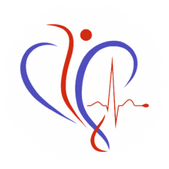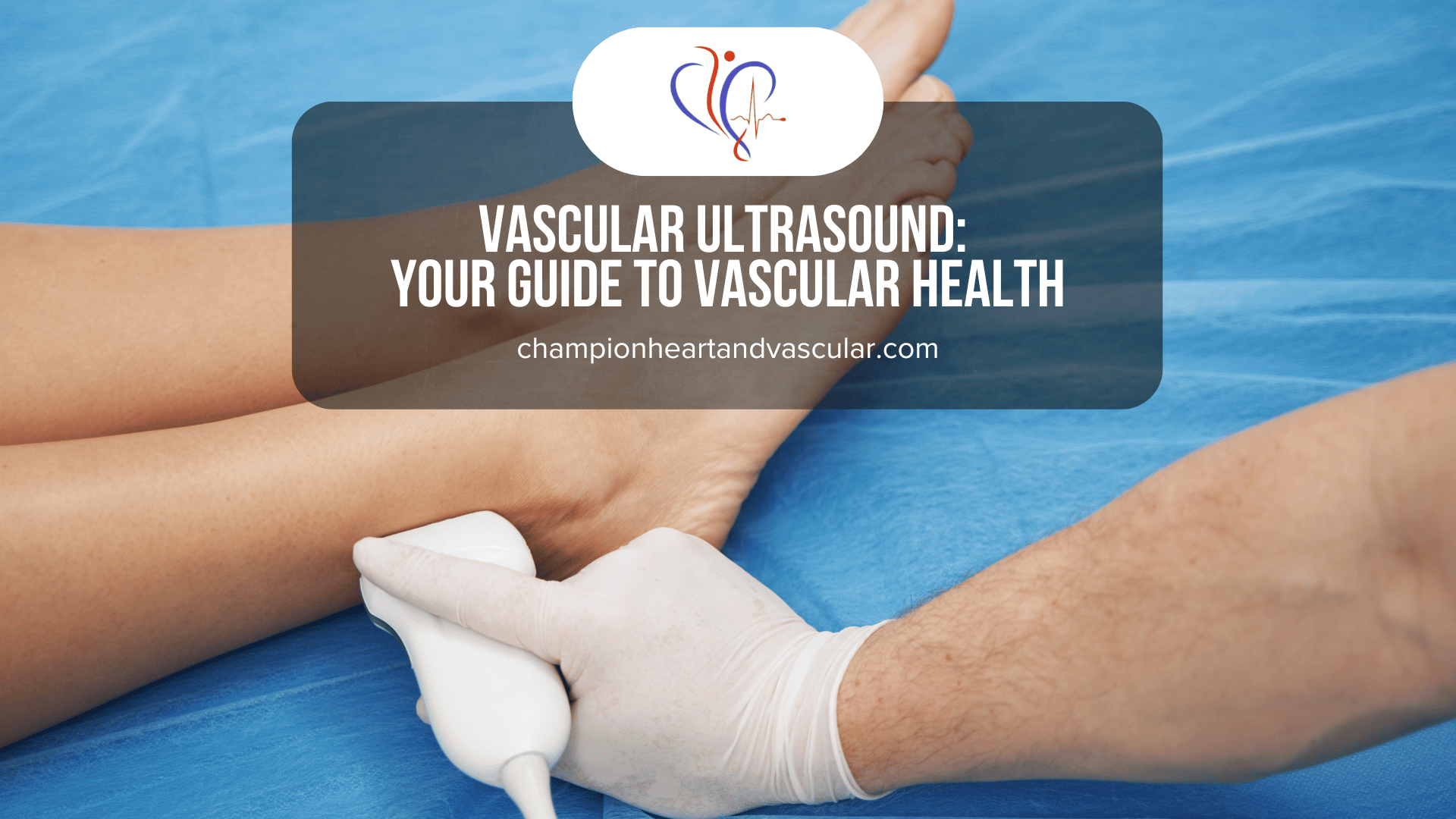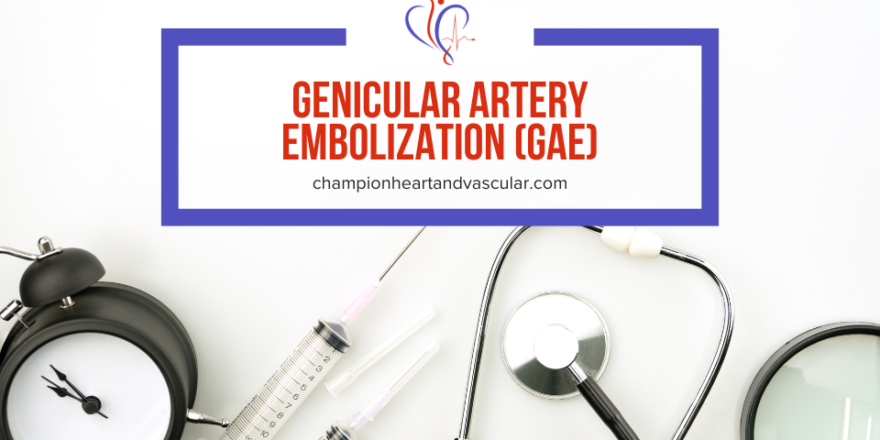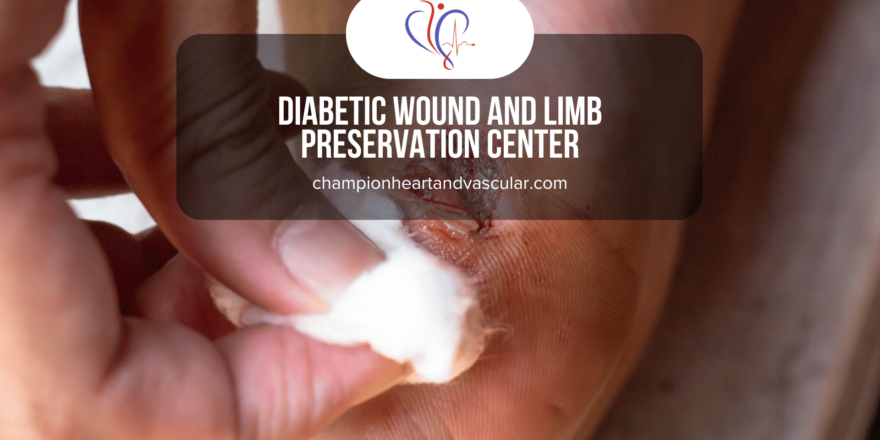Maintaining healthy blood flow is essential for overall well-being, yet many vascular conditions can develop silently without noticeable symptoms. This is where vascular ultrasounds come in—offering a safe, non-invasive, and highly effective method to assess vascular health. In this guide, we explore how vascular ultrasounds work, who might need them, and why they play a critical role in vascular care.
What is a Vascular Ultrasound?
A vascular ultrasound is a diagnostic imaging test that uses high-frequency sound waves to create real-time images of blood vessels, including arteries and veins. Unlike X-rays, it does not use radiation, making it a safe and preferred method for assessing vascular health.
This test evaluates:
- Blood flow through the arteries and veins.
- Blockages or narrowing in blood vessels.
- Blood clots (deep vein thrombosis).
- Aneurysms or abnormal enlargements of vessels.
- Varicose veins and chronic venous insufficiency.
Vascular ultrasounds can also guide physicians during treatments or procedures, such as placing catheters or stents.
How Does It Work?
- Preparation: Patients typically do not require special preparation, although fasting may be recommended for certain types of vascular ultrasounds, like abdominal exams.
- Procedure:
- A gel is applied to the skin to ensure smooth contact with the ultrasound transducer.
- The transducer emits sound waves and captures echoes as they bounce off blood vessels.
- The device processes these echoes to create images displayed on a monitor.
- Duration: The test usually takes 30-60 minutes, depending on the area being examined.
- Results: Physicians interpret the images to assess blood flow and identify abnormalities, providing actionable insights for treatment.
Who Might Need a Vascular Ultrasound?
Vascular ultrasounds are recommended for individuals experiencing:
- Leg Pain or Swelling – To detect deep vein thrombosis (DVT).
- Varicose Veins – To assess vein functionality and plan treatments.
- Abdominal Discomfort or Pulsations – To evaluate aneurysms.
- Peripheral Artery Disease (PAD) – To identify narrowed or blocked arteries in the legs.
- Carotid Artery Disease – To check for plaque buildup that can lead to strokes.
- Dialysis Access Evaluation – To assess vascular access for dialysis patients.
- Pregnancy Complications – For cases of suspected blood clots or compromised circulation.
Why is Vascular Ultrasound Important?
- Early Detection of Vascular Conditions Vascular ultrasounds identify issues before symptoms worsen, enabling early intervention to prevent strokes, blood clots, or aneurysm ruptures.
- Non-Invasive and Safe The procedure is painless, requires no needles or dyes, and poses no risk of radiation exposure.
- Guidance for Treatments Physicians use vascular ultrasounds to monitor procedures, ensuring accuracy during catheter placements, angioplasty, and stent insertions.
- Monitoring Chronic Conditions Patients with diabetes, hypertension, or heart disease benefit from ongoing monitoring to prevent complications.
What to Expect During Your Appointment
- Comfortable Environment: You will lie on a table while the technician applies gel and uses the ultrasound probe.
- Real-Time Imaging: You may see images of your blood vessels on the screen as the procedure is conducted.
- Expert Analysis: Results are reviewed by a vascular specialist, who discusses findings and recommends next steps if needed.
Frequently Asked Questions
Q: Is a vascular ultrasound painful?
A: No, it is completely painless and non-invasive.
Q: How long does the test take?
A: Most vascular ultrasounds are completed within 30-60 minutes.
Q: Are there any side effects?
A: There are no side effects. It is a safe procedure suitable for all age groups.
Q: Will I need follow-up tests?
A: Depending on the results, follow-up imaging or tests may be recommended to monitor your condition.
CTA: Take Charge of Your Vascular Health Today
Early detection can make all the difference. Don’t wait for symptoms to appear—schedule your vascular ultrasound today at Champion Heart and Vascular Center and gain insights into your vascular health.
Contact Us Today:
📌 Locations:
- Oxford, NC: 1614 Williamsboro St | 📞 919-339-4077
- Henderson, NC: 511 Ruin Creek Rd – Suite 106 | 📞 252-573-4223
- Dunn, NC: 710 Erwin Rd | 📞 910-304-1212
📧 Email us: [email protected]
🌐 Visit: championhealthsystem.com
Let us help you safeguard your vascular health. Share this guide with your friends and family, and encourage them to ask questions about their vascular health. Together, we can promote awareness and well-being.
Tags:
Vascular Ultrasound, Vascular Imaging, Vascular Health, Non-Invasive Diagnostic Tests, Blood Flow Analysis, Deep Vein Thrombosis Testing, Peripheral Artery Disease Screening, Carotid Artery Testing, Ultrasound Imaging, Champion Heart and Vascular Center, Early Detection of Vascular Diseases, Vascular Health Monitoring




